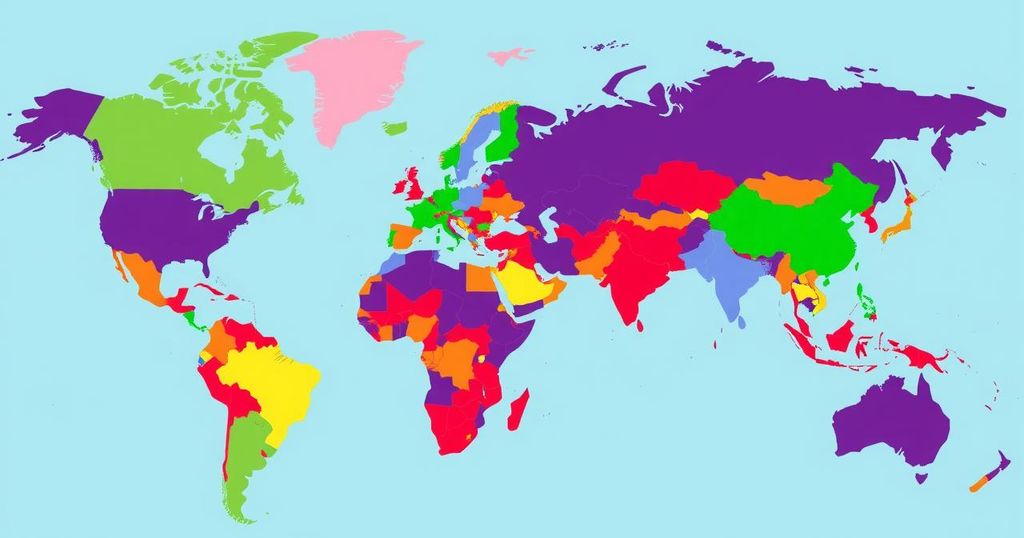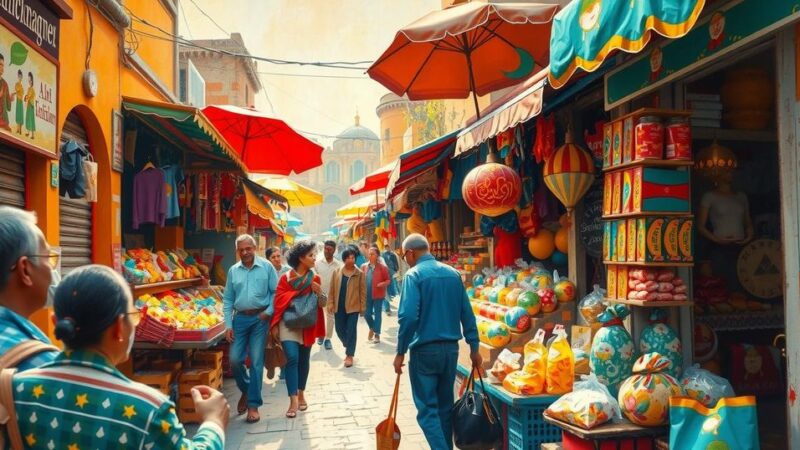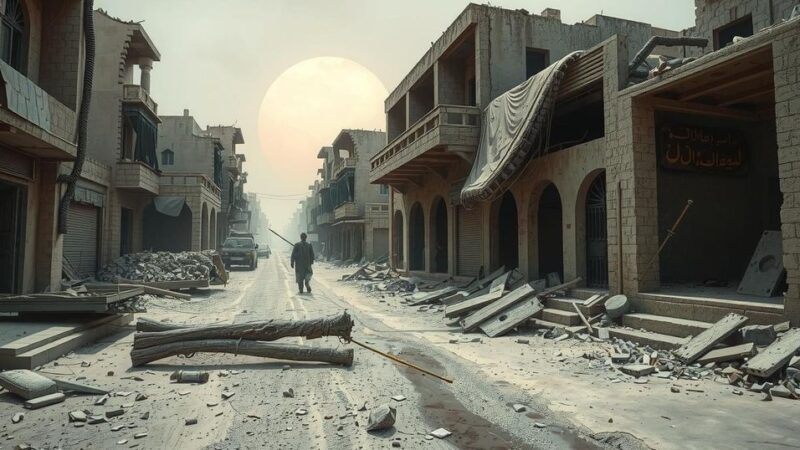Several countries feature the term ‘Democratic’ in their official names, reflecting aspirations for governance. Notable examples include the Democratic Republic of the Congo, North Korea, Algeria, and Sri Lanka, which, despite the name, often experience political systems that do not align with democratic principles. By 2017, 57% of countries were classified as democracies, indicating the disparity between names and political realities.
Numerous nations worldwide include the term “Democratic” in their official names, expressing their political aspirations and governance ideals. However, the actual political systems of these countries often diverge significantly from the democratic principles implied by their names.
Some prominent examples include the Democratic Republic of the Congo, which, despite its rich natural resources, has endured prolonged political instability and civil conflict, hindering its democratic institution-building. The Democratic People’s Republic of Korea, commonly known as North Korea, is characterized by a totalitarian regime under the Kim dynasty, with power tightly controlled by the ruling party.
The People’s Democratic Republic of Algeria transitioned from French colonial rule to independence in the 1960s. Despite holding elections, its political environment has been criticized for authoritarian tendencies, particularly during civil unrest in the 1990s. In contrast, the Democratic Socialist Republic of Sri Lanka has a history of parliamentary democracy, presenting both democratic and socialist governance elements, though it has encountered ethnic conflict and civil war, impacting its democratic integrity.
Additionally, other countries bearing the “Democratic” title include the Democratic Republic of Timor-Leste, the Federal Democratic Republic of Ethiopia, and the Democratic Republic of São Tomé and Príncipe. The term “Democratic” often symbolizes an aspiration for democratic governance, even when these nations’ political realities may not align entirely with such ideals.
By the conclusion of 2017, approximately 57% of countries with populations exceeding 500,000 were classified as democracies to varying extents, while around 13% were identified as autocracies. This statistic illustrates the diverse landscape of political systems, regardless of the labels adopted by the countries.
In summary, the inclusion of the term “Democratic” in the names of various countries signifies a claim to democratic governance. However, the political conditions within these nations often reveal a different reality, with many experiencing authoritarian governance despite their democratic titles. The global classification of democracies and autocracies further underscores the complexity of democratic ideals in practice.
Original Source: globalsouthworld.com






